Welcome to cLIMA sin Riesgo and MSc Environment & Sustainable Development interns for 2017
7 March 2017
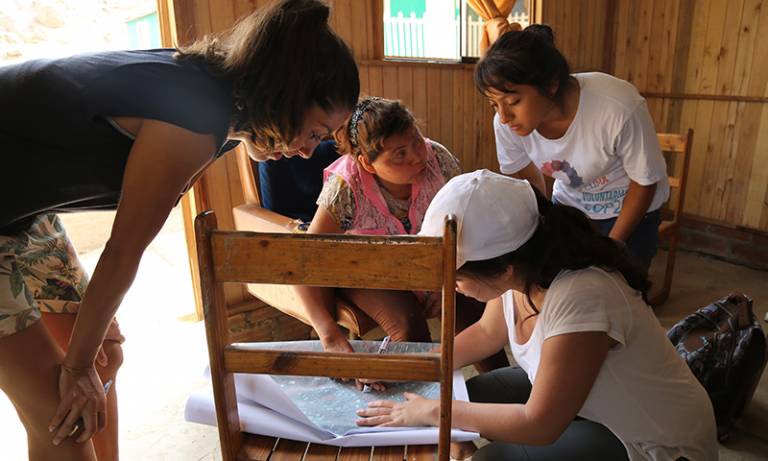
Since 2013, students from the DPU’s MSc Programme ‘Environment and Sustainable Development’ (ESD) have carried out field work in Lima as part of their training. For the second year in a row, the cLIMA sin Riesgo project will support the students by sharing its achievements and by facilitating the engagement with local partners and interns.
The interns will participate in the research to ground and stimulate the debate by exchanging their local knowledge and their experiences; while the ESD students, in five groups of 7-8 persons, develop a conceptual and methodological framework to allow for a thorough analysis in the following areas: urban agriculture, historic centres, water and sanitation, housing and integrated neighbourhood improvement, and ecological infrastructure. The main purpose of the field research is to contribute to the understanding of the existing capacities to act among the urban population and authorities of Metropolitan Lima to confront everyday environmental risks through innovative interventions in the five themes. Further, research will analyse the scope to strategically use the identified capacities in order to contribute to transformative change that is capable of promoting a socially and environmentally just urban development in Lima, which can also result in valuable lessons for other cities.
This year, we have received 40 very strong applications from Peruvian and international students and young professionals. 10 interns were selected to work closely with ESD students and we want to warmly welcome them to our fieldwork team:
Theme: urban agriculture
Christian Quintana

Christian is an environmental and climate change practitioner with undergraduate studies at Universidad Agraria La Molina and a master’s degree in Climate Change at University College London. As a consultant, he has been involved in projects looking at low-tech initiatives for making communities more resilient to climate change and disaster risks in Perú and Bolivia. Further, he has been working developing alliances with research institutions for projects in Latin America emphasizing: inclusive markets, water and sanitation, DRR and climate change adaptation. His main interest is to incorporate scientific climate and risk evidence into local development projects in order to generate sustainable scenarios and actions.
Gonzalo del Castillo
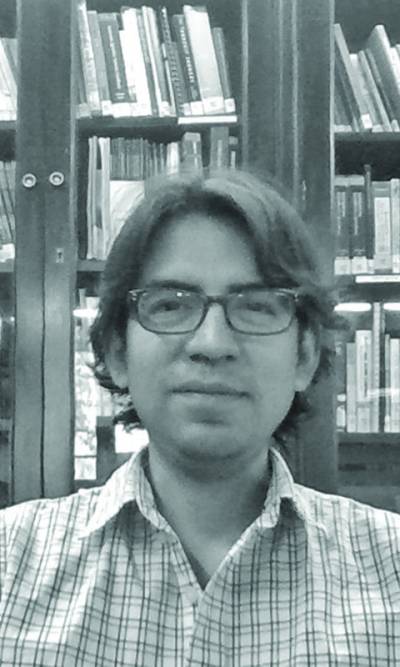
Gonzalo is an architect from Pontificia Universidad Católica del Perú (PUCP), graduated with honours, he also holds a master degree in Sustainable Intervention in the Built Environment (Polytechnic University of Catalonia, 2016) and undertook postgraduate studies in Smart Cities, Urbanism, Technology and Sustainability (Polytechnic Foundation of Catalonia, 2016). Currently teaching at PUCP in the area of architectural projects where he shares his experiences in reuse and recycling, manufacturing and alternative technologies, housing and public space.
Theme: historic centres
Vanesa Olazábal

Vanesa graduated from faculty of Architecture and Urbanism at the Federico Villarreal Nacional University. She participated contest for innovative proposals to reduce everyday risks promoted by cLIMA sin Riesgo Project, where her proposal was among the candidates selected for implementation, in her case resulting in a pilot project that helps improving the housing conditions in Barrios Altos, Lima.
Luis Zarauz
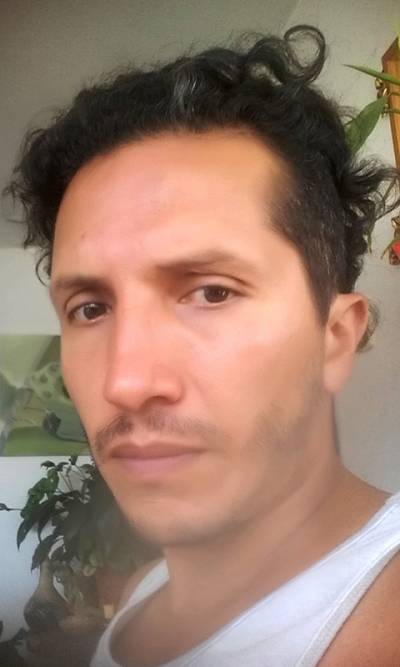
Luis is an architect with an interest in sustainable construction, recycled materials and a sensible use of different kind of resources. He is currently working as a freelancer, making wooden furniture, toys and renovating homes. His aim is to focus his efforts on the development of technologies and strategies that help people be self-sufficient and improve their conditions of everyday life.
Theme: water and sanitation
María José Nieto

María José is an economist with a master in Environment and Development from the National University of Colombia and has just finished a master in Environmental Policy at the London School of Economics. Her professional experience started at the Municipality of Bogotá and for the last few years she has been working as a consultant for UN-Habitat.
Arturo Salazar
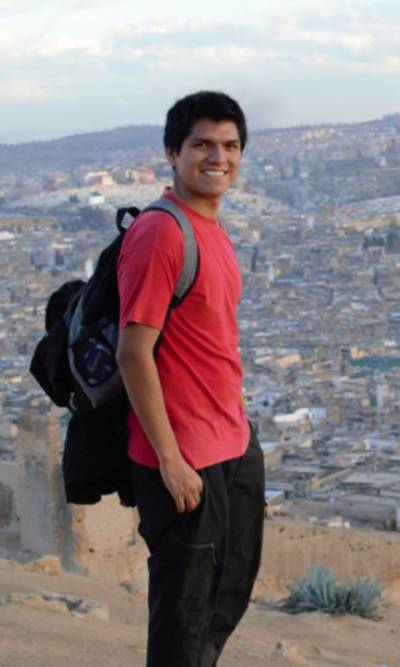
Arturo is an Environmental Geographer from PUCP, currently working at the same university as a teaching assistant in Ecology courses. He has worked as coordinator of field work components in projects of mapping flora and fauna at NABU. He has also coordinated waste water recycling projects in Lima's human settlements, as a consultant. Finally, his research interests has led him to form part of the research group for "Climate Change and Risk Management" at INTE-PUCP.
Theme: housing and integrated neighbourhood improvement
Mariela Rodriguez

Mariela is from Lima and holds a degree in architecture and a master degree in management of urban projects. During the past few years she has been working on development projects in slums, having as main interest social housing and the role of public spaces.
Katherin Tiburcio

Bachelor in Architecture from (Universidad Nacional de Ingeniería) UNI, specialized in public investment projects and with experience in urban planning. She worked in an NGO with a project called "Resilient Urban Neighborhoods in North Lima - Carabayllo". He was an architectural assistant in the project BarrioMio and worked on the Municipal emergency risk plan for settlements on slopes. Currently Kathertin participates in a research workshop at UNI as an assistant.
Theme: ecological infrastructure
Rosaria Garcia

Rosaria is a teacher at PUCP and has worked developing public investment projects and consultancies in Peru. Her principal areas of research are in the fields of territorial planning, infrastructural planning and implementation. She holds a bachelor degree from PUCP, and a master in Infrastructure Management from the Polytechnic University of Catalonia, Spain.
Arturo Turpo
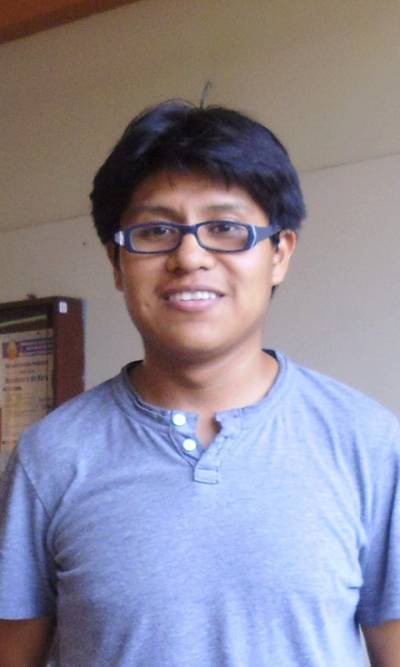
Holding a bachelor’s degree in Civil Engineering at UNI Arturo’s interests are centred on cities and the human establishment in general. He has previously collaborated as an intern with cLIMA sin Riesgo and ESD; and was an intern at the Peru-Japan Centre for Seismic Research and Disaster Mitigation (CISMID). He assisted in an assessment of schools for an UNESCO pilot project and partook in an interdisciplinary research project of urban vulnerability as a research assistant.
Top photo: ESD 2016 research team in José Carlos Mariátegui
 Close
Close

